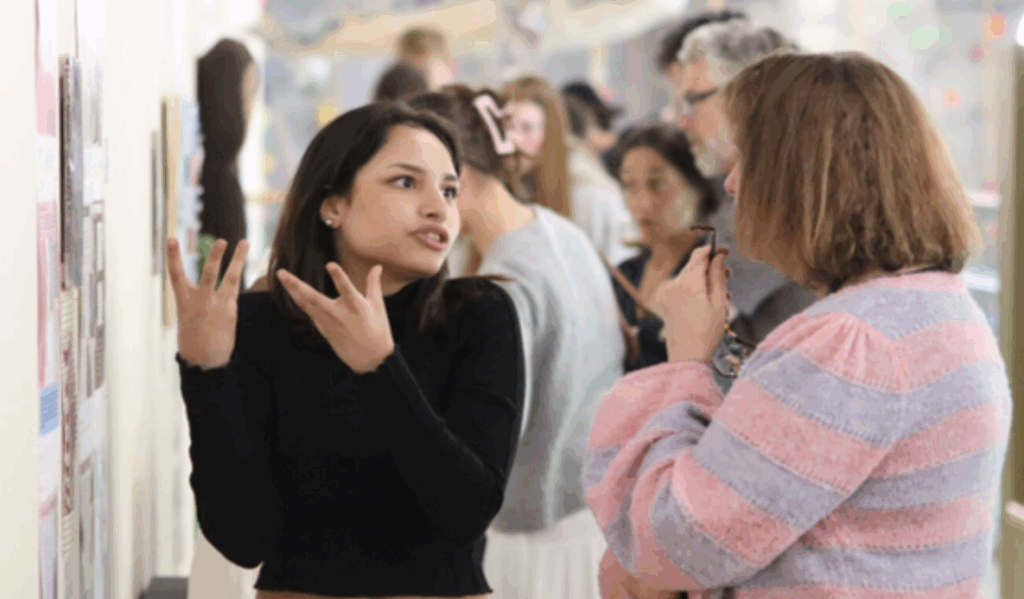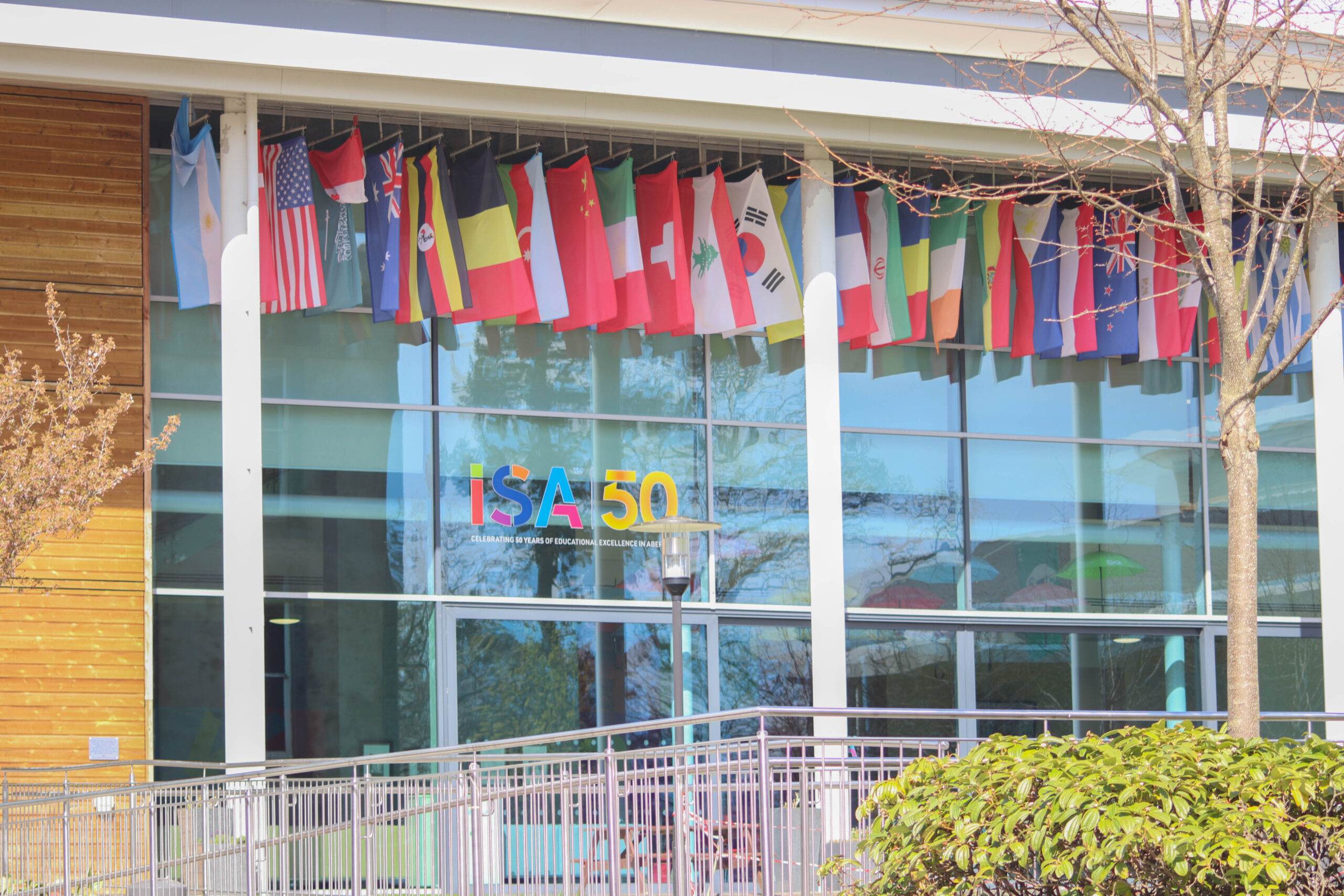The ancient Athenian philosopher Socrates let his students talk first, then questioned them. In the middle ages, apprentices learnt by imitating their masters. The renaissance professor, Andreas Versalius gathered his medical students round to hear him explain biological principles as he dissected bodies. Victorian school children sat silently in rows copying from boards, even though Waterloo had been won on the playing fields of Eton.
Every society has made decisions about what to teach, but also how to teach – by dialogue, by seeing, by imitating or by rote. It is often the ‘how’ of learning that molds the student more than the ‘what’.
Athens was a trading nation that appreciated the ability to persuade. Medieval minds wanted to preserve skills and traditions through generations. The renaissance valued discovery, and the Victorians hoped to control the newly created mass urban populations.
Most of us were taught in ways that haven’t changed much since the nineteenth century. We sat in rows and took instruction from the front. We spoke only when permitted, and were expected to receive knowledge without question.
But is that what we need for the 21st century? Our careers have very different paths and our workplaces are not the same. While much of the basic knowledge and skills in literacy and numeracy remains relevant, we will use it in very different ways and to support all kinds of new ways of doing things.
The international baccalaureate has put a lot of thought into how students best learn for the kind of society they live in now and will graduate into. They call this core the ‘approaches to learning’ (ATLs). These are the skills of: self-management, communication, social interaction, research and thinking.
Self-management. The Victorians realised that a mass society without discipline would be chaos, but their vision was control from above. In our times, to thrive requires control from within. Hence self-management. This is partly being well organised – learning how to plan assignments and meet deadlines, set goals, organising notes, using the right tools. But it is also more than that – it is about controlling your state of mind: staying focused, persevering, controlling impulses, staying positive and bouncing back from adversity. Most of all it is about being willing to honestly reflect so as to improve.
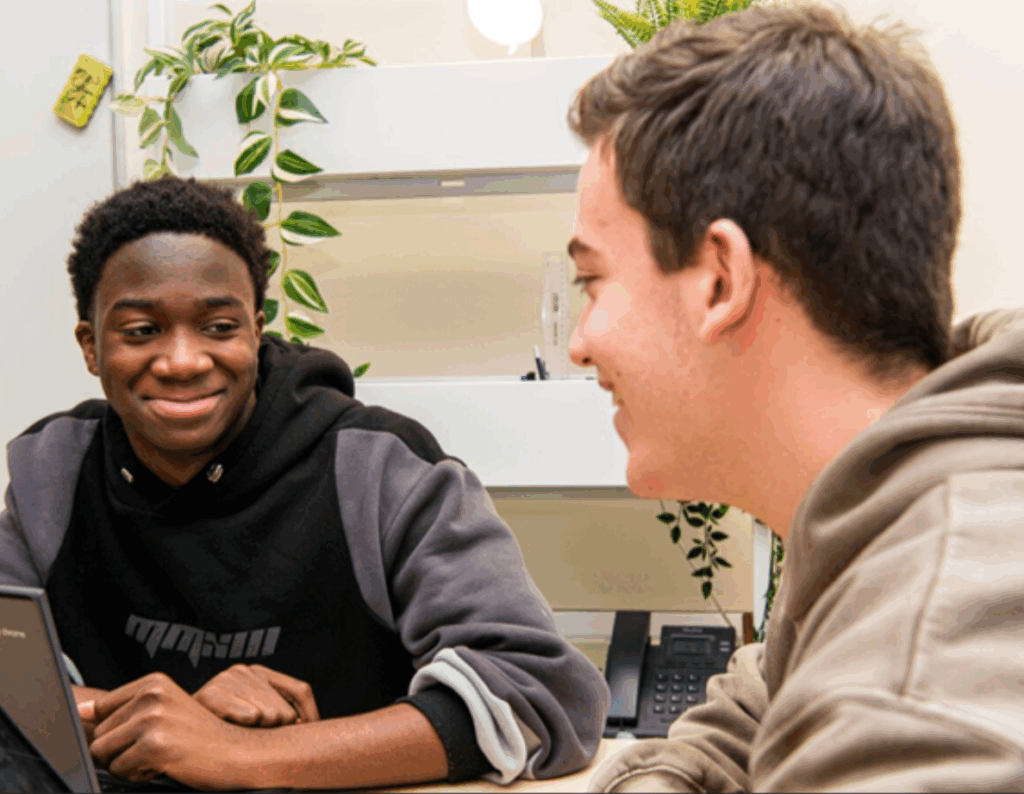
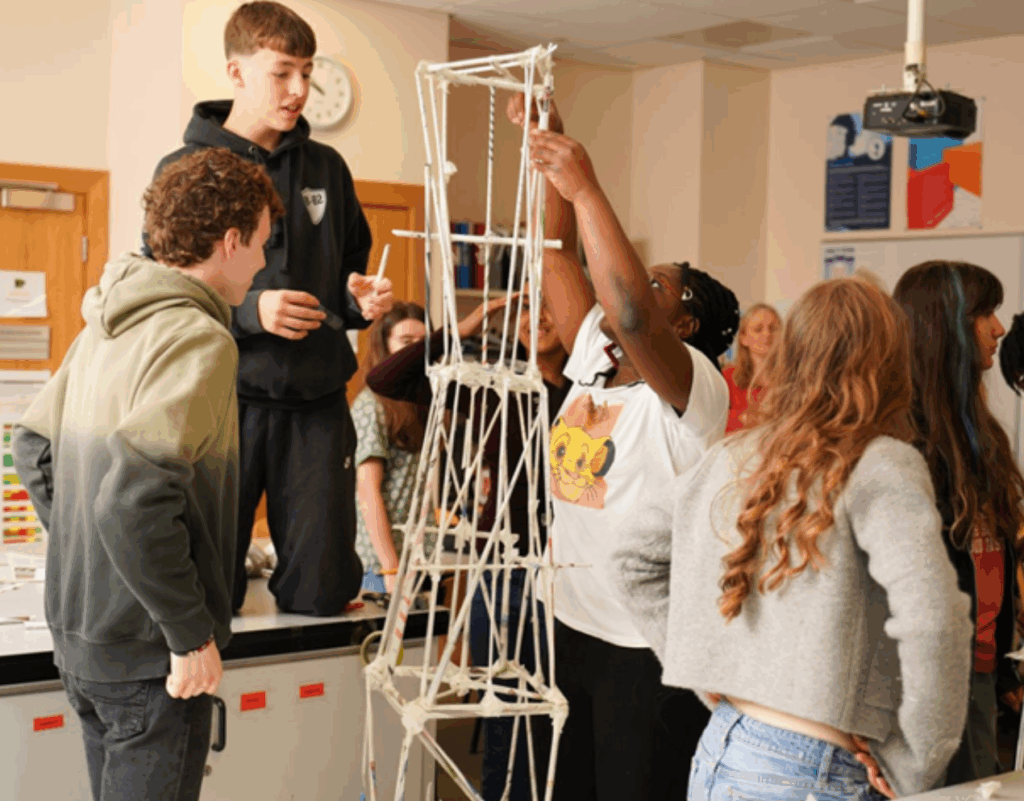
Getting Organised
Social Skills. Even Socrates didn’t develop his ideas alone, but through conversation with multiple others. At ISA students discuss social issues, debate the outcome of experiments and talk through thorny mathematical problems. To make best progress they need to collaborate: to empathise and to advocate for their own needs; to delegate and help others succeed; to resolve conflict and build consensus; to take on a variety of roles, following sometimes, leading at others.
ISA students collaborating in a STEM class
Research Skills. Before the renaissance, medical students had discovered the internal workings of the human body through the words of others. Vesalius brought direct experience. We also wanted students to discover for themselves to collect, record and verify data, to make their own connections, to assess the value of sources, to use technology to enhance their powers of discovery. To use digital resources ethically and well.
ISA students developing their research skills in our state of the art library
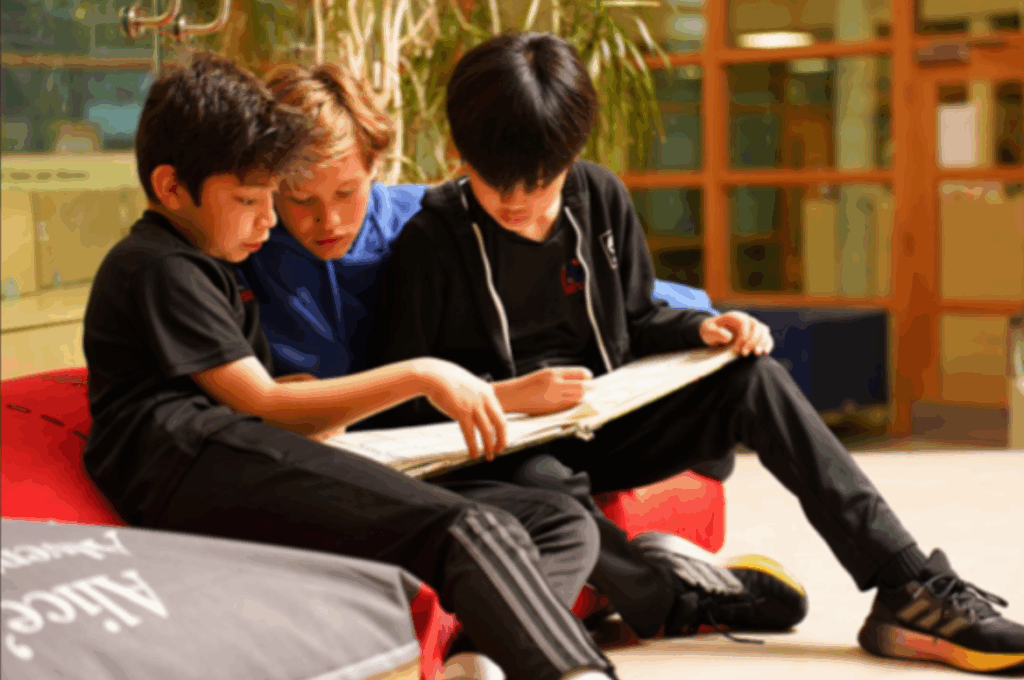
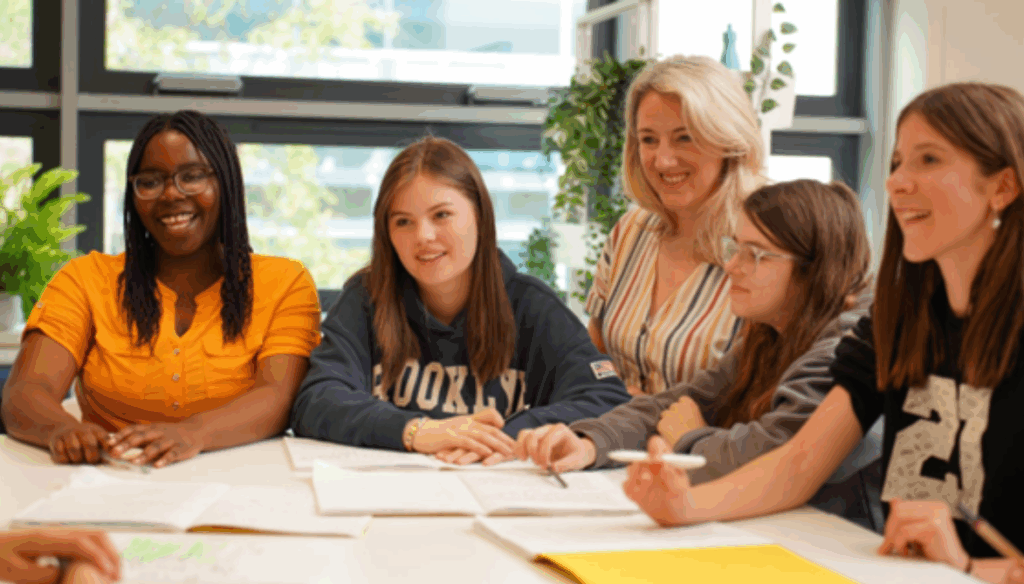
Thinking Skills. In the middle ages, there was a tight control on how you thought, students learnt through imitation because society didn’t want anything novel. Today, the world changes quickly, we need to think creatively – to generate new ideas, consider alternatives, make connections and to think flexibly considering many perspectives. And also to think critically – observing carefully, gathering and organising information to form an argument, recognising assumptions and interpreting data.
The most creative thinking is often done together
Communication Skills. There has never been an era where the ability to express yourself hasn’t been important. However, now more than ever we need to use intercultural understanding to interpret communications, and to be open to different techniques with a variety of audiences in mind.
ISA explaining how they express themselves through art
ISA doesn’t run courses in these skills, they develop through use for other subjects. Teachers design learning activities to ensure variety across these approaches to learning. Students are encouraged to reflect on their effectiveness in these areas, and sometimes are given extra support and help.
How we learn reflects the society we live in, but also creates it. The IB imagines a society of global citizens equipped not just to thrive personally but to make a better and more peaceful world.
For more reading how ATL works for elementary students follow this link
For more reading how ATL works for middle school students follow this link
For more reading how ATL works for high school students follow this link
